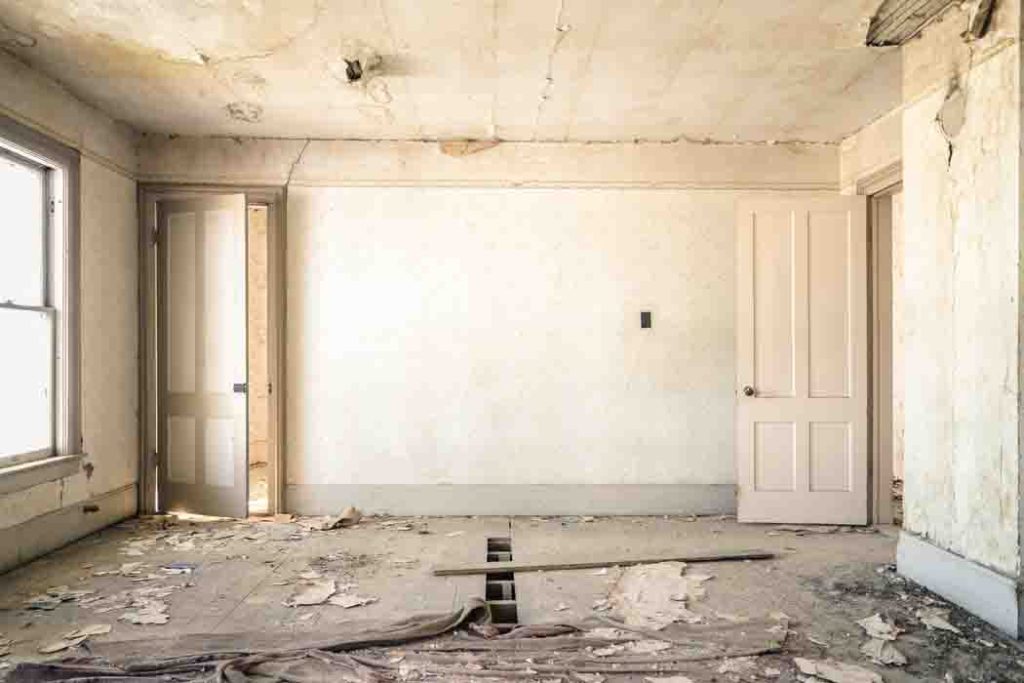A key focus of my blog is Financial Literacy/Money. One of the biggest investments any of us will make is our home. One way people increase the values of their homes is through home renovations. Renovations are tricky in that sometimes they can add value, while others don’t. The following contributed post is entitled, Home Renovation Preparation Tips.
* * *
Planning for a home renovation can be a really exciting but daunting prospect. Once you have decided what you’re going to do – loft conversion, garden overhauls, kitchen makeover or maybe a full conservatory and extension – it is time to get down to the details.
With the proper planning, you can trim the fat on the budget and get exactly what you want.

Photo by Nolan Issac on Unsplash
Budget
Everything should start with how much you have to spend. Significant renovations can wolf a lot of cash – even more, if they run over the time, you had allocated. It is often the case that people will take a loan to cover the cost of the renovation, in which case you’ll need to carefully factor in repayment to your monthly budget for the duration of the loan.
Scope
Once you have decided on the budget, you can start working out what is realistic. If you have 1000 to spend, then you might have to be content with repainting and some new furniture rather than a whole extension build.
Consider what the most critical parts of the project for you are. Is it just giving a quick makeover or do you need the extra cupboards? With everything item that gets added to your ‘must-haves’, more money will be eaten in the budget too. You will need to consider your construction site preparation also, because the more you have done in advance, the more likely it is your contractor can hit the ground running – saving time and money.
Materials
Long before you speak to a contractor, you should have an idea of the materials that you want and do as much research as you can about if those materials are actually going to work. Because while you might want a particular type of wood, there might be an issue with sourcing, importing or the suitability for what you had in mind. So you can write the ideal material down, and then add some alternatives that you would be happy with too. It also pays to find the most budget materials too. So if you have to reduce the spend somewhere, you will already have a clear idea of where that could happen.
DIY
Beware of suddenly thinking you can do 50% of the job yourself just to save money. There will be some things that you can do. The finishing touches, cleaning and smaller jobs are almost certainly no problem. But unless you are in the trade or you are a professional, then the chances are you are going to be better leaving it to people who do it for a living. It can be worse if you think you can tackle a job yourself, don’t hire the appropriate people – only to find you can’t, and someone needs to be called in asap.
Hire Well
Get references and ask to see examples of work too. Ideally, you will have lined up a few different companies to interview and make sure that you talk them through what you are thinking, and let them talk about how they would do it and the time frame. Watch out for any work that seems too low priced or if they are cutting weeks of the projected timeline.
Finally, you will need to mentally prepare yourself for weeks on end that there will be noise and mess while the work is being done. People often underestimate how much of an impact home renovation work takes.
